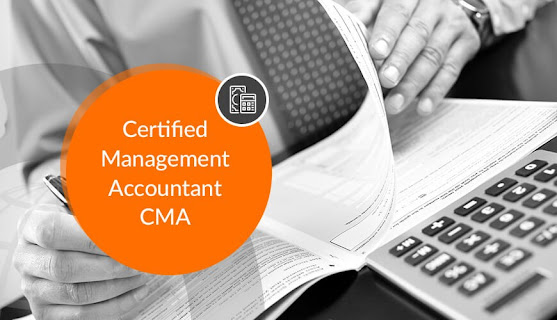What is the daily routine of a Chartered Accountant?
Chartered accountants (CAs) assist businesses with bookkeeping and financial management. CA's, whether employed by a company or working on their own, make recommendations for achieving the company's financial objectives and goals. As management consultants, they are responsible for managing cash flow in a strategic manner and implementing adjustments as needed. They must report on the financial success of the company and serve as trusted consultants in providing financial advice.
Key Responsibilities of Chartered Accountants
CA's are an organization's chief financial consultants, and their main tasks include:
- Creating and maintaining an organization's budgeting structure that is effective.
- They figure out the greatest methods to make the most of a company's capital.
- They are in charge of the organization's cost accounting system, which they manage and deploy.
- They provide periodic financial advice to the organization and disseminate ways for successful fund and budget delegation.
- They assist the board of directors on international taxation, joint ventures, and international partnerships, as well as double taxation agreements.
- They perform feasibility studies for the organization's expansion plans and new initiatives.
- In issues involving the transfer of shares and other securities, the CA functions as a registrar.
How Typical Day of Chartered Accountant Looks Like?
The work profile is recognized for multitasking while maintaining the highest level of attentiveness and honesty. They must consistently execute the following responsibilities, and we can say that they have very little time for their work and dedicate the bulk of their time to it since they have complete control over the organization's financial operations. The CA may engage in the following activities throughout a normal workday, and this is also their regular work schedule.
- Check your email on a frequent basis and respond to each one with a legitimate response as soon as possible.
- Arrange meetings with the clients or pay them a visit to discuss the project's new financial features.
- To confirm the risk validity of the new enterprise, they will need to discuss the meeting's MOM with the senior analyst and auditors.
- Review important accounting concerns on a regular basis and resolve them as soon as possible.
- Keep a detailed record of the job done so that you can readily track the actions in the future.
- If you deal with several clients, you may need to attend many client meetings in a single day.
- Organize a training session within the company to enable colleagues better equip themselves to contribute constructively to the organization.
CAs work as financial accountants, auditors, tax accountants, budget analysts, and other responsibilities in businesses. Their tasks and obligations change depending on the role they take on. They may be required to adapt to several roles and multitask in order for the business economy to run efficiently.
How can CAs maintain Work-Life Balance?
A CA's average workday is frantic and chaotic. It becomes imperative for them to strike a work-life balance in order to have a happy personal and professional life. Here are some suggestions for achieving work-life balance:
- Spend time with your loved ones. When your family is present, avoid virtual encounters over the phone or over Skype.
- Keep an online calendar to keep track of appointments, meetings, and other commitments. They are useful as reminders for meetings that have been booked months in advance.
- Maintain open lines of contact with the rest of the office employees. Before your head burst, share your work with your significant other. Helping one other at work makes everyone's job easier in the office.
- It is sometimes necessary and tremendously advantageous to get one's hands on the task. Some significant office tasks require a human touch in order to retain their integrity. Self-checking pay rates, cash flows, and creating financial reports is preferable to depending on others.
- Get enough rest and sleep at least 6-7 hours a day. Divide the day into sections and set aside time for work, family time, pleasure, and relaxation. All of this may be accomplished in an 8- to 9-hour workday.
Get More Info at - Edugyan




Comments
Post a Comment